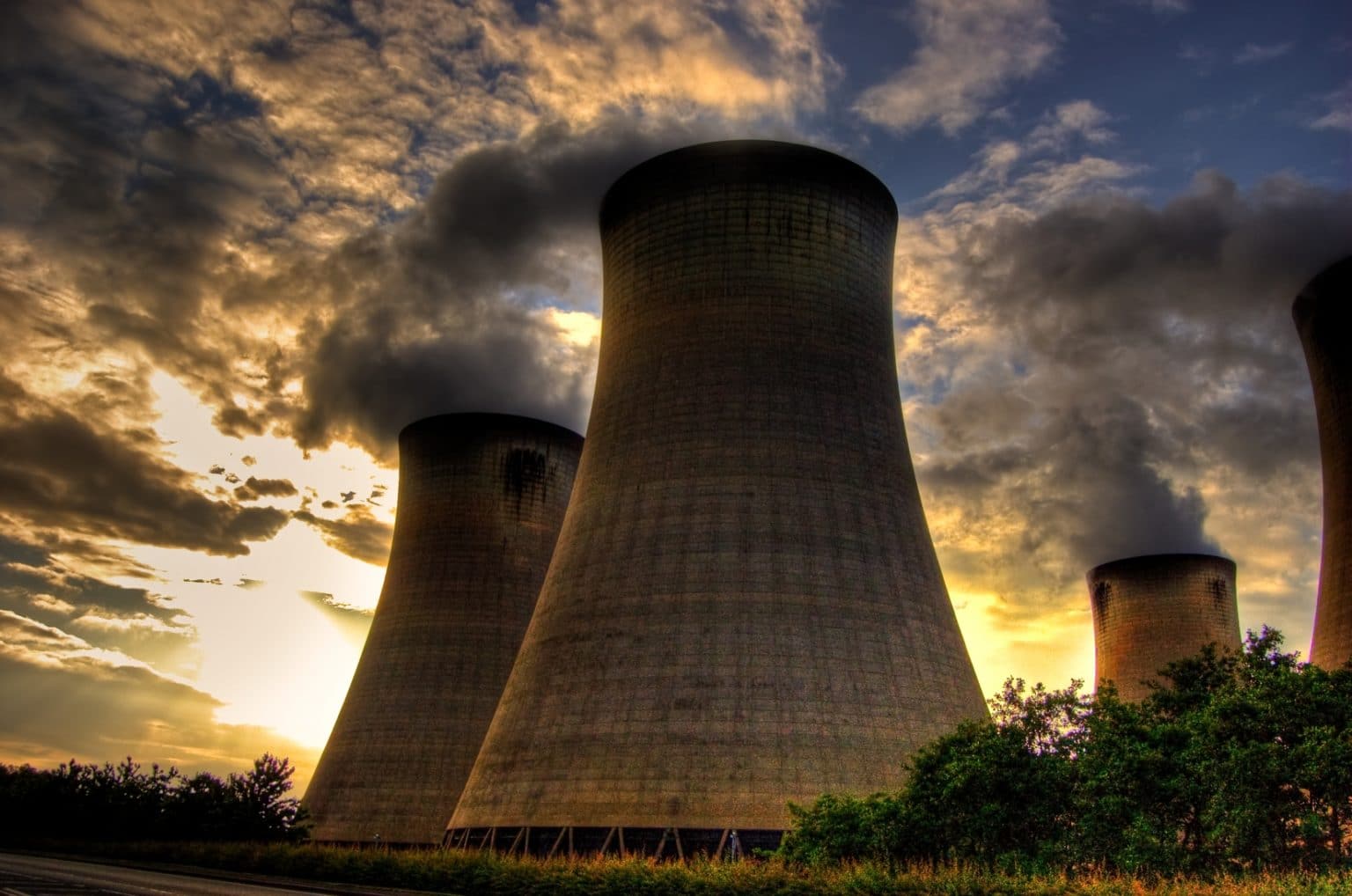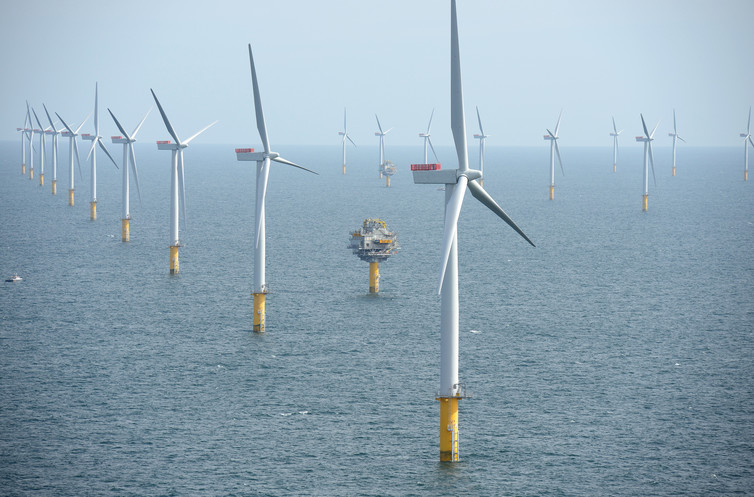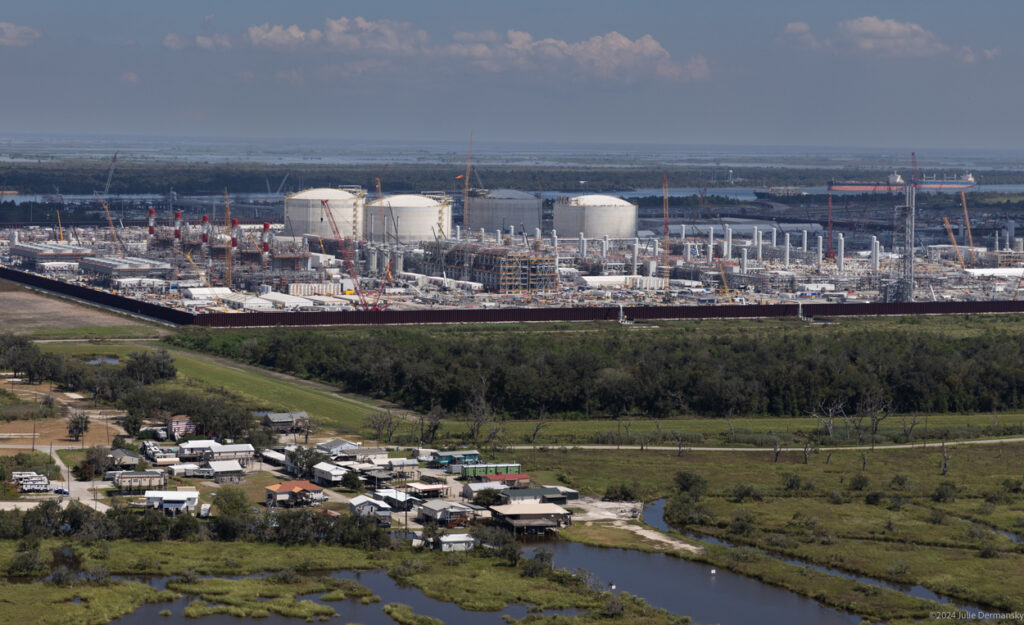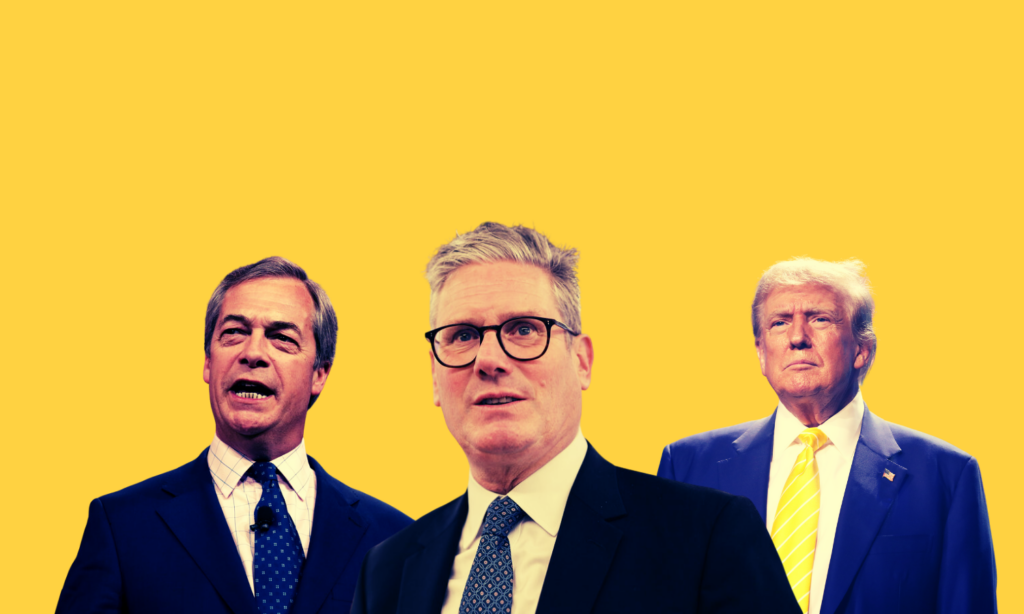By Paul Ekins, professor of resources and environmental policy at University College London.
The UK imports around 6% of its electricity through undersea cables linking it to the European mainland. These links help Britain deal with the ebbs and flows of renewable energy generation, and give the country a “safety net” in case things go wrong.
Europe’s electricity network shows just how interconnected nation states are these days, and energy offers many insights into wider issues raised by the EU referendum.
The first is that national sovereignty – if that means the ability of a nation state to promote its best interests – is not necessarily best achieved at a purely national level. The UK has had lots of influence on the EU’s energy policy over the years, on everything from liberalising EU energy markets to the more recent push to ditch fossil fuels for renewables.
On these and other issues, the UK has led and other member states have followed. British sovereignty in respect of energy and climate change policy has been expanded, not diminished, by its EU membership.
Sovereignty doesn’t necessarily imply democracy, of course. Yet people sometimes call the EU “undemocratic” without having the first idea of how it operates. Don’t forget that all European legislation is debated and approved, unanimously or by majority vote, by elected representatives from each member country. The European parliament, elected by proportional representation, is rather more democratically representative than the UK parliament, in which a party with only 37% of the popular vote has an absolute majority of seats.
This means directives on renewables or energy efficiency have been agreed by British politicians in discussion with their counterparts from all other member states. They’re not “imposed” by “Brussels”, as such legislation is so often described.
At the same time, checks and balances ensure that the EC does not over-reach itself, and national governments get to decide how most European legislation is actually implemented in their countries. Therefore it’s up to the UK how it chooses to keep the lights on while reducing its carbon emissions – not the EU.
The EU leads the world in offshore wind … by far. NHD, CC BY
With member states moving in broadly the same direction on renewables and energy efficiency, the markets for new technologies are larger. The EU harnesses these economies of scale so that products are cheaper, which benefits both Europe’s consumers and exporters. This is the point of the single internal market.
This effect is especially important in the energy sector. Energy, and especially electricity, flows through networks that need to be regulated and balanced by complex technical and institutional arrangements. If a power plant suddenly goes down, for example, or a still, overcast day prevents wind and solar generation, then electricity can still be wired in from a neighbouring nation. Most people won’t even notice any disruption.
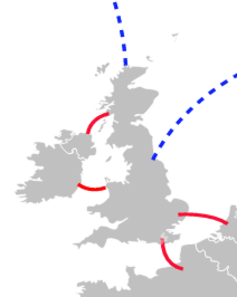
The conclusions from the available evidence are clear. Inside the EU, the UK will have considerable influence over how the continent cuts its carbon emissions and adopts radical new renewable technology. Britain’s energy system will be well-integrated into that of the mainland, delivering benefits from economies of scale and common standards, while ensuring a secure and stable supply of electricity.
Outside the EU the UK will either exist in an energy isolation that is both more expensive and less secure than being part of the internal energy market, or it will be a second-tier member of that market, bound to accept the rules made by EU members but having no influence over how they are agreed.
The paradox is that inside the EU the UK will be more sovereign, in the sense of having more control over its energy future, and part of a wider democracy, with an energy system that is more secure and delivers energy at lower cost, than if the UK sought to control energy developments by itself. Such paradoxes in today’s globally interconnected world are not uncommon.
UK interconnector map image: Undersea ‘interconnectors’ link the UK with France, Ireland and the Netherlands. (Proposed links with Iceland and Norway are in blue). J JMesserly / wiki, CC BY–SA. This article was originally posted on The Conversation.
Photo: Jonathan Brennan via Flickr
Subscribe to our newsletter
Stay up to date with DeSmog news and alerts


